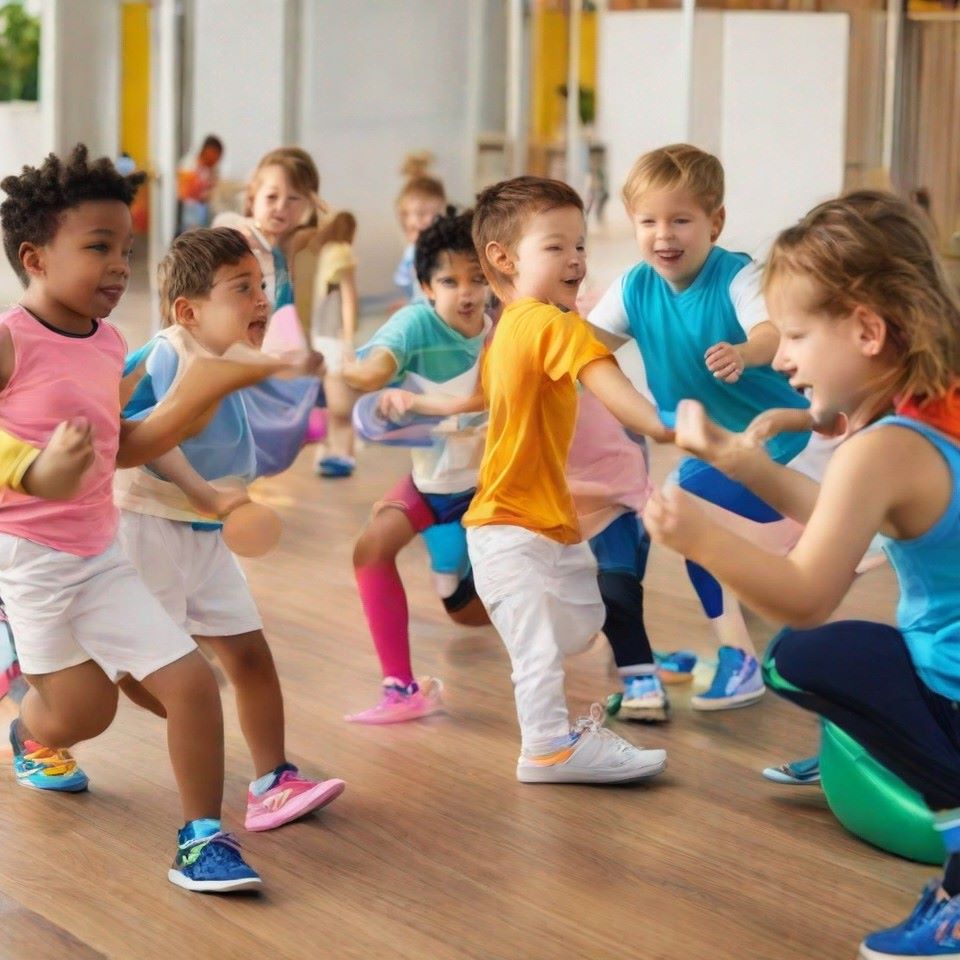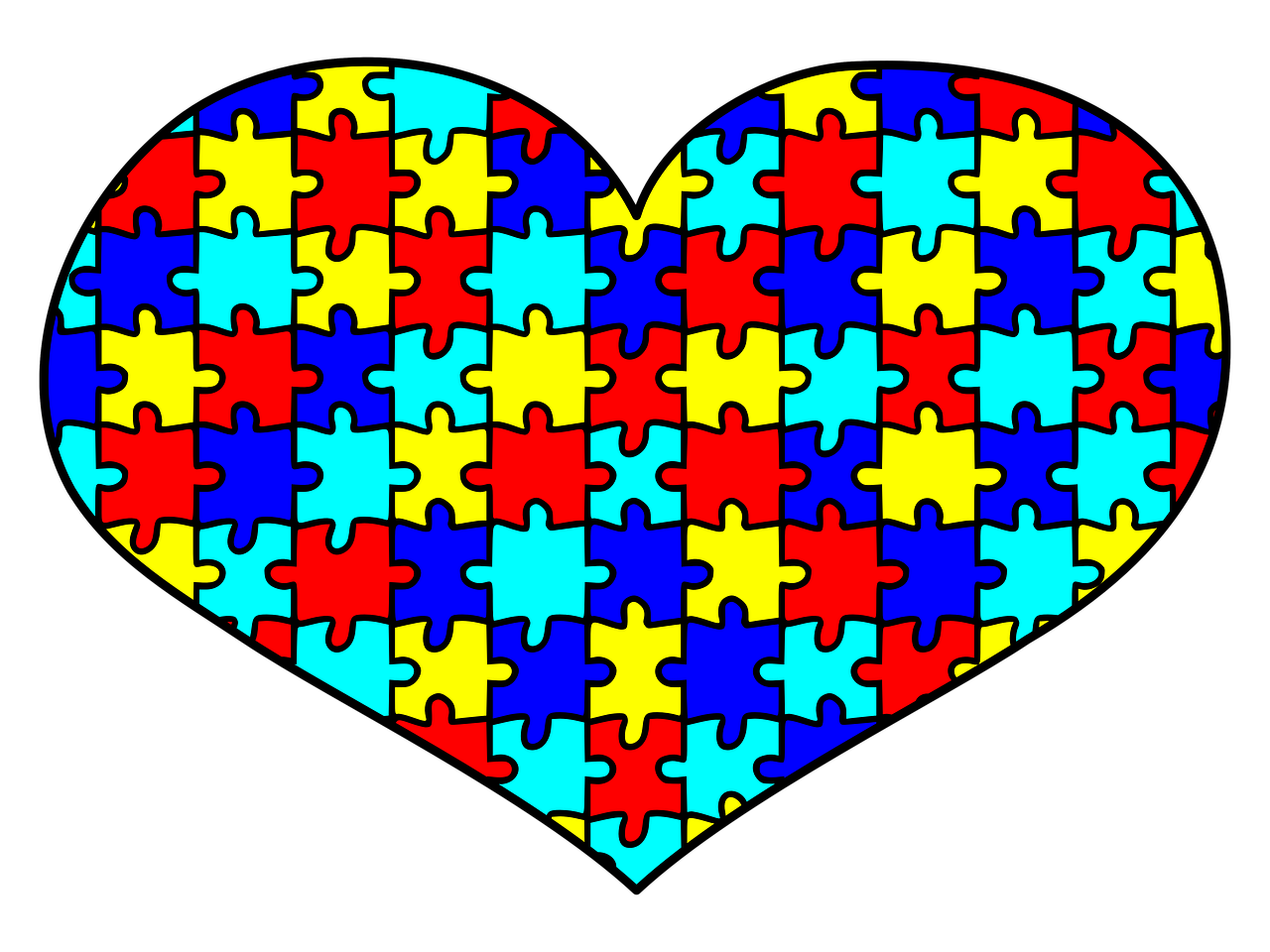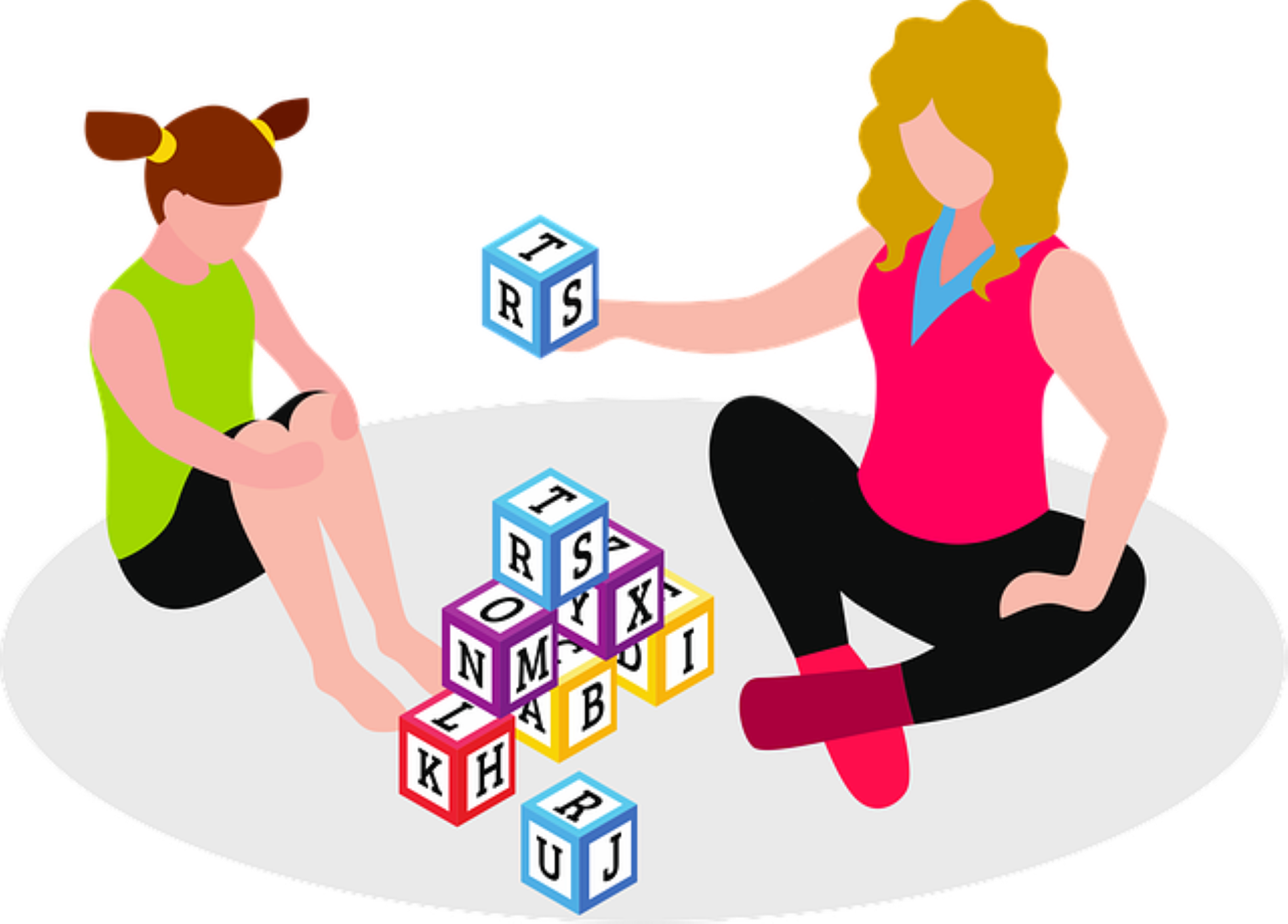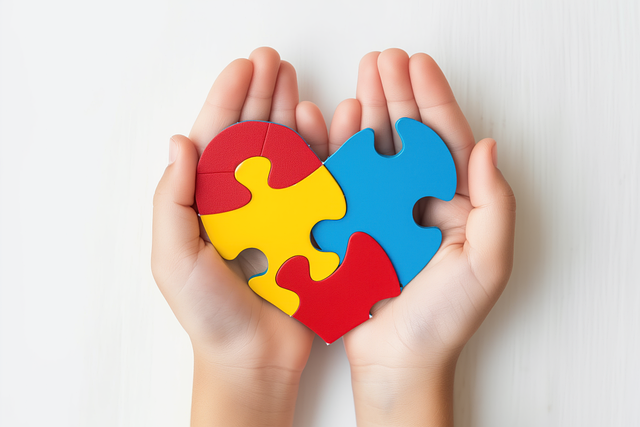Benefits of Exercise

Exercise offers numerous benefits for kids on the autism spectrum, including: Improved Physical Health: Regular physical activity helps maintain a healthy weight, strengthens muscles, and boosts cardiovascular health. Enhanced Motor Skills: Exercise can improve coordination, balance, and fine motor skills, which can be challenging for some children on the spectrum. Start with simple balance games […]
Types of Assessments and Evaluations for ASD

Here are some common types of assessments and evaluations used for Autism Spectrum Disorder (ASD): Developmental Screening: Tools like the Ages and Stages Questionnaire (ASQ) help identify developmental delays in young children. Clinical Assessments: Comprehensive evaluations conducted by psychologists or developmental pediatricians, including interviews and observation. Behavioral Assessments: Tools like the Autism Diagnostic Observation Schedule […]
Managing Anxiety and Sensory Sensitivities

Managing anxiety and sensory sensitivities in individuals with Autism Spectrum Disorder (ASD) can be approached through various best practices: Create a Structured Environment: Establish routines to provide predictability and reduce anxiety. Use visual schedules to help individuals understand daily activities and transitions. Sensory-Friendly Spaces: Designate quiet areas where individuals can retreat when feeling overwhelmed. Use […]
Self-Care Strategies for Parents and Caregivers

Caring for children with Autism Spectrum Disorder (ASD) can be both rewarding and challenging. Here are some self-care strategies for parents and caregivers: Prioritize Your Well-being: Make self-care a priority. Schedule time for activities you enjoy, whether it’s reading, exercising, or simply relaxing. Seek Support: Connect with other parents or caregivers through support groups. Sharing […]
Building Independence and Life Skills

Building independence and life skills for individuals with Autism Spectrum Disorder (ASD) involves a structured approach that caters to their unique needs. Here are some strategies: Individualized Learning Plans: Tailor the learning experiences based on the individual’s strengths, interests, and areas of difficulty. This can include specific goals for daily living skills, social skills, and […]
